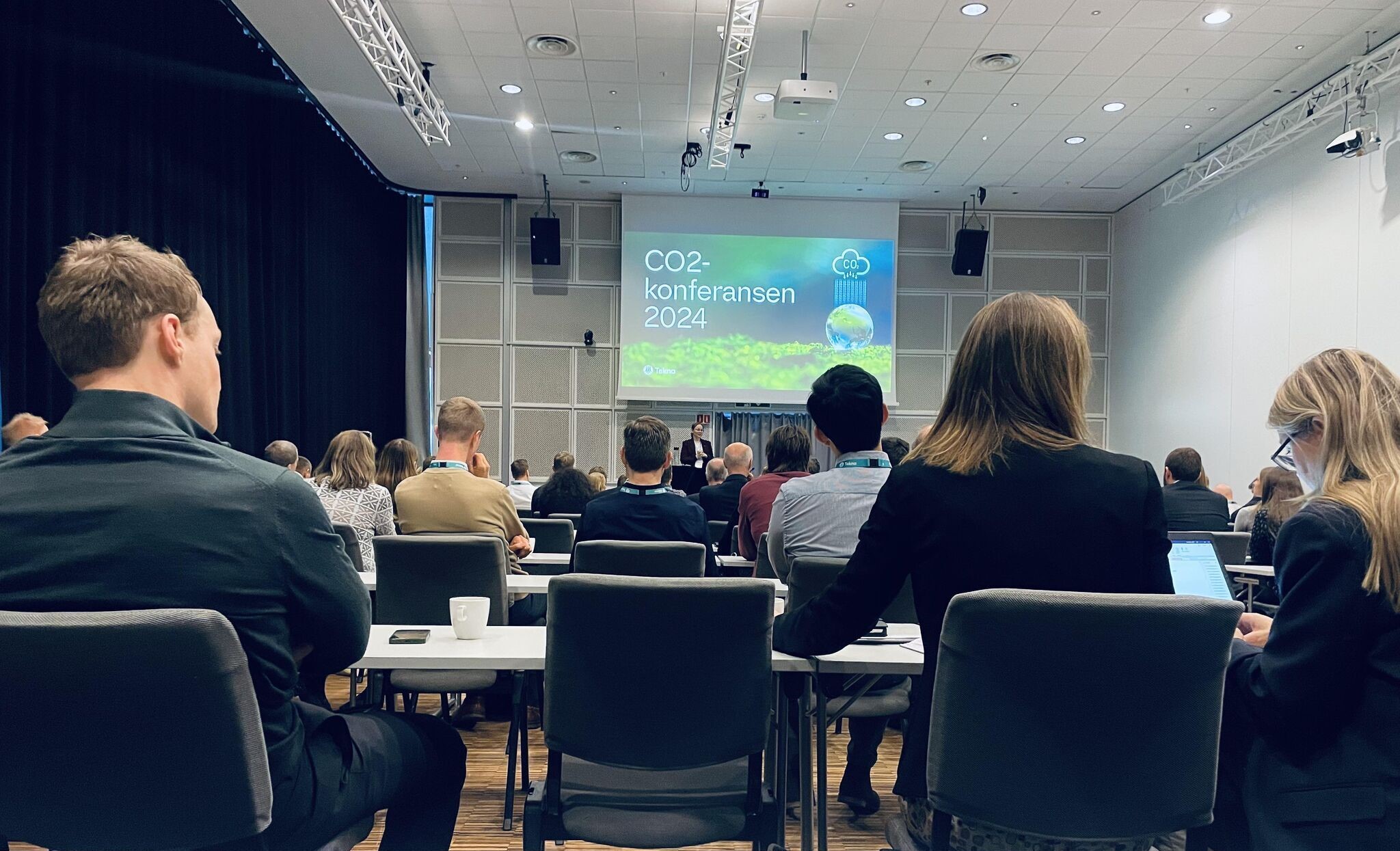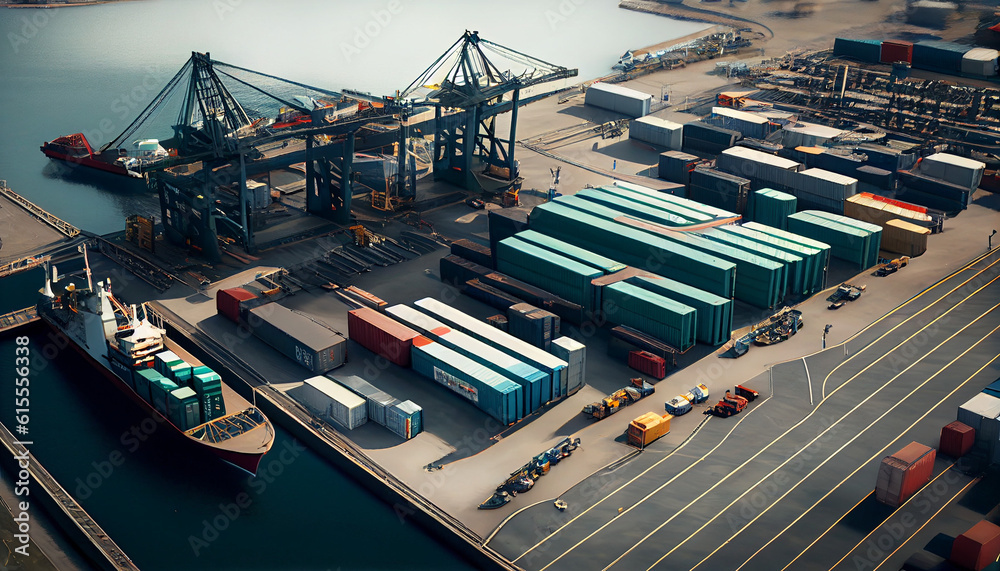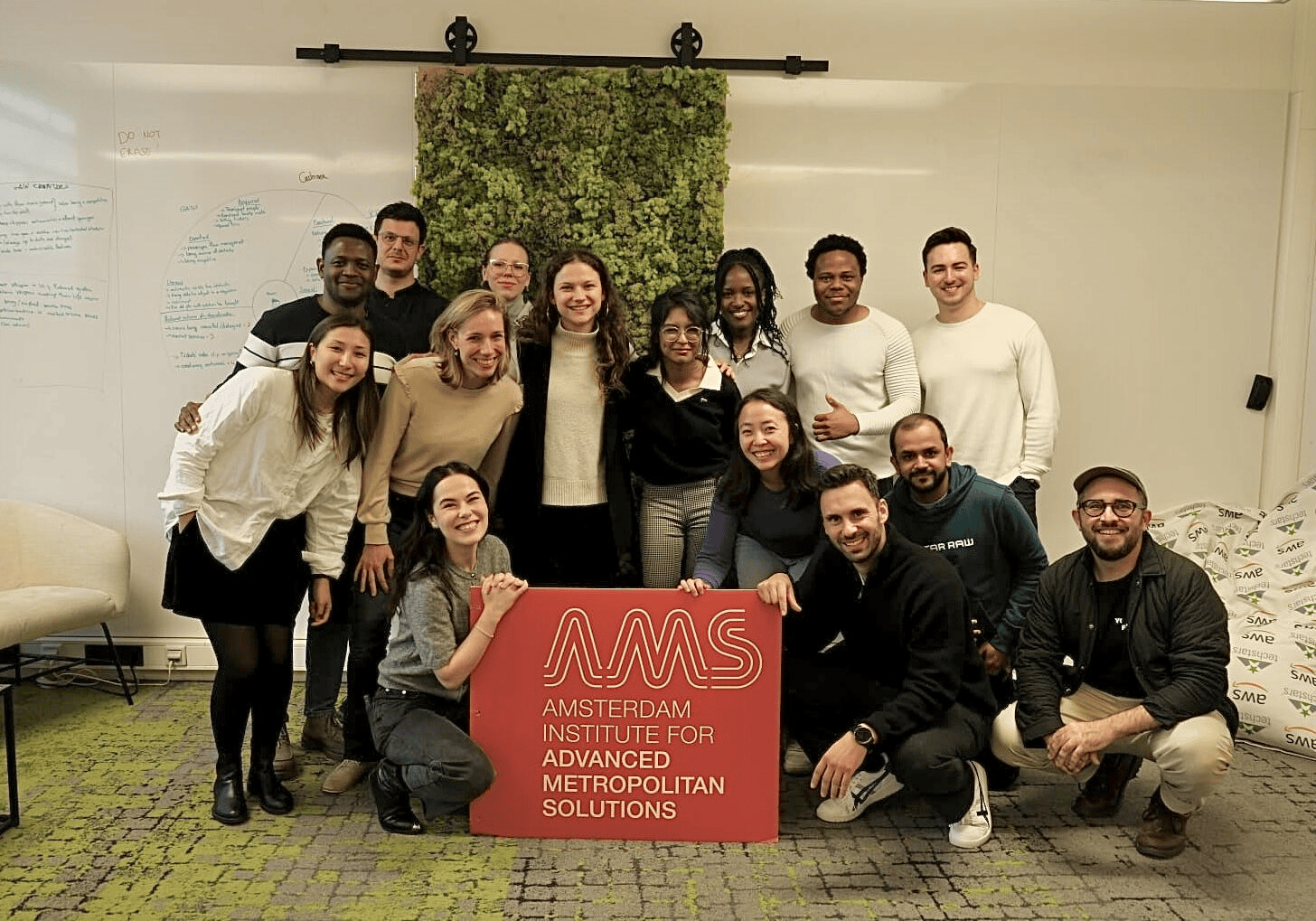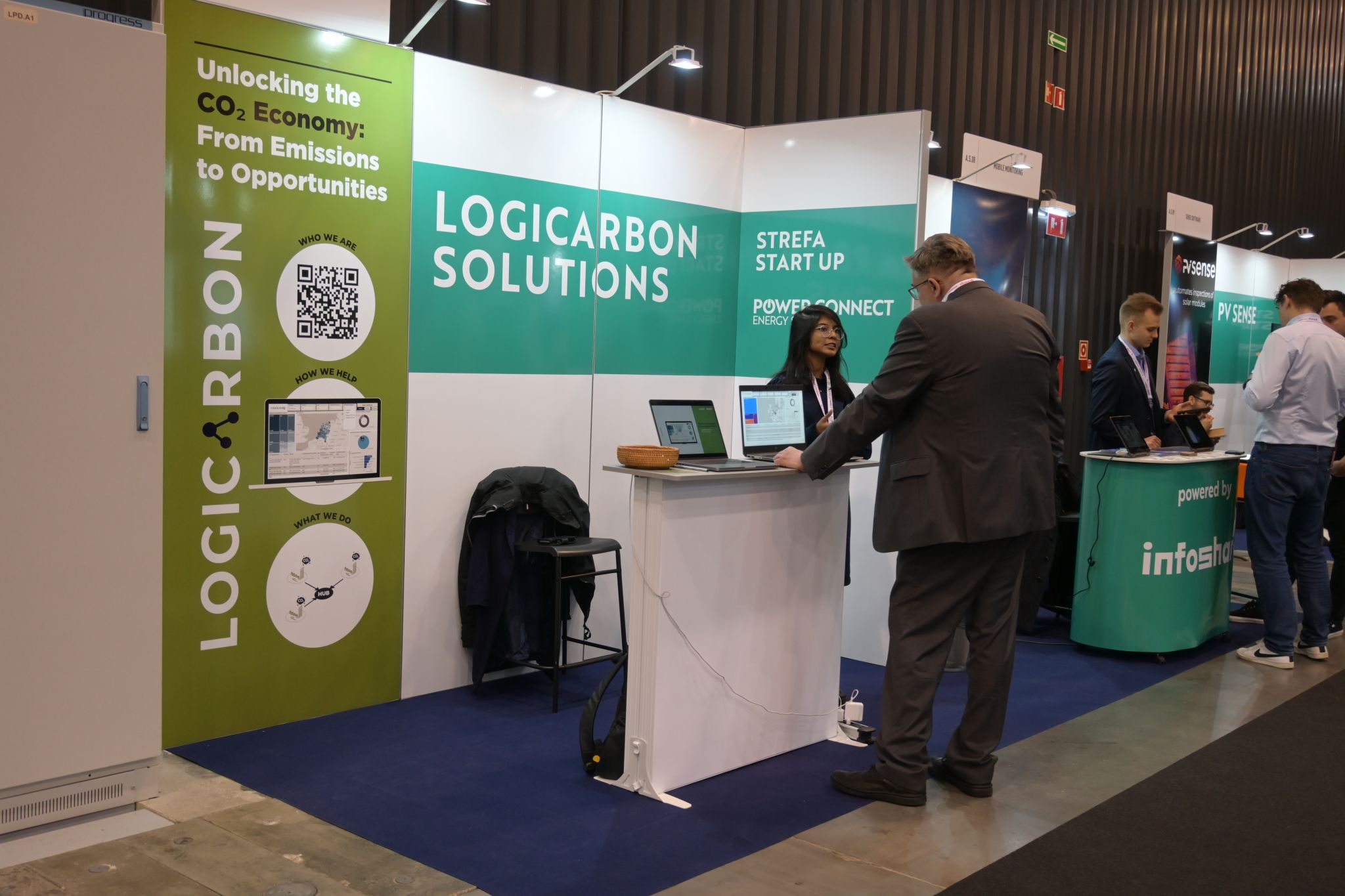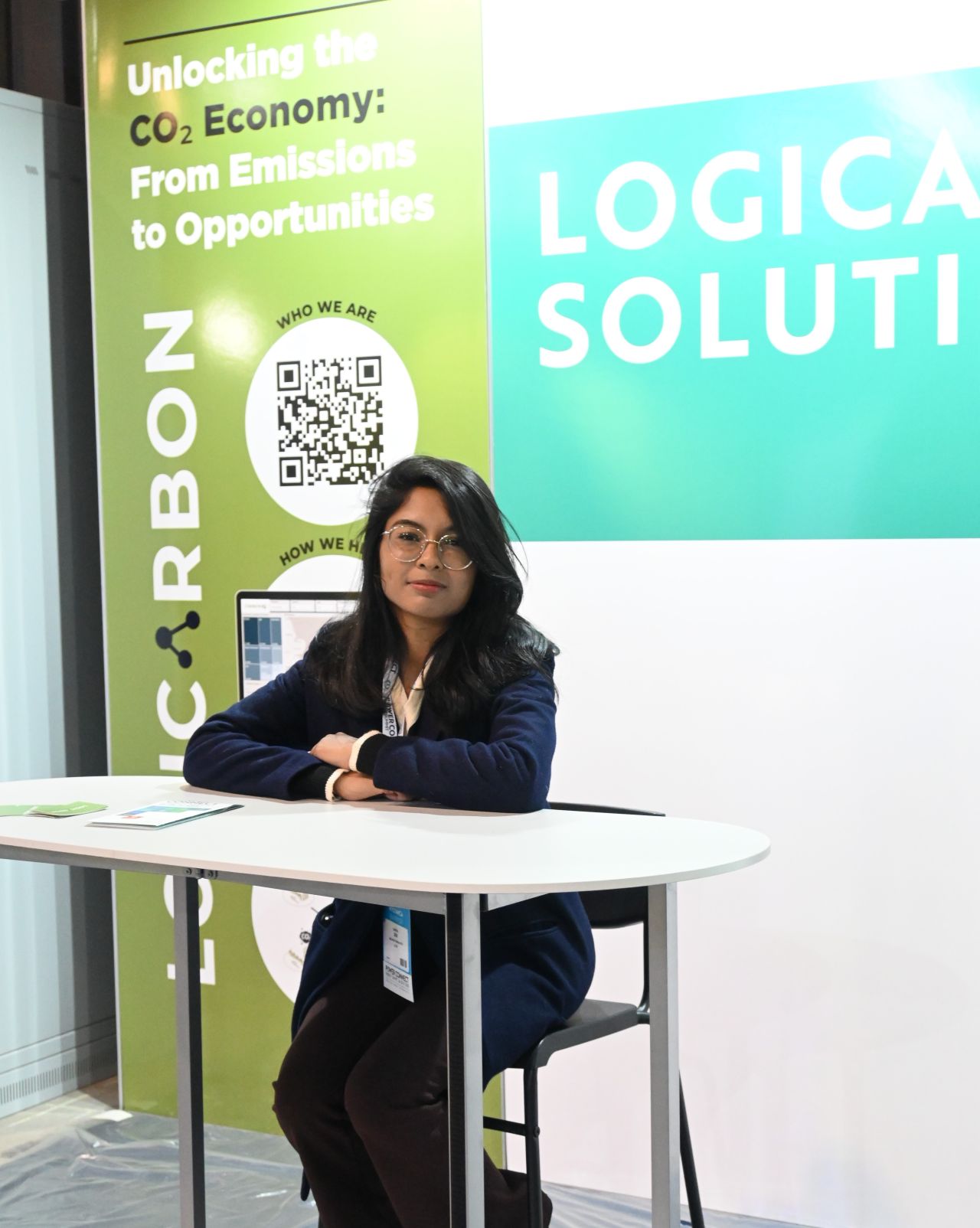Day one of the CO2 Conference 2024, organized by Tekna, brought insightful discussions that underscored the significance of Carbon Capture and Storage (CCS) in addressing challenges faced by hard-to-abate sectors. The emphasis on regulatory and legal frameworks showcased the need for a structured approach to industrial emissions.
Exploring the role of CO2 in producing e-fuels for aviation and recycled concrete highlighted its versatile potential. The concept of a “CO2 highway” in Europe, using pipelines for CO2 transport and injection in the North Sea, unveiled exciting prospects for carbon management.
Key discussions revolved around waste-to-energy plants, CO2 capture from marine hubs, and the coordination of small to medium-scale emitters, particularly relevant in geographically dispersed regions. Transportation modalities such as ships, rail, and barges prompted considerations for intermediary storage terminals as strategic solutions.
Carbon Capture and Utilization (CCU) and CCS emerged as integral components of the EU’s industrial carbon management strategy, emphasizing mid to long-term planning. The role of the private sector in building collective infrastructure, addressing commercial barriers, and developing innovative business models for CCS took center stage, highlighting the collaborative effort needed for sustainable change.
In this transformative era, the importance of standardization and a commitment to learning by doing became apparent, paving the way for successful business models in CCS. Exciting times lie ahead as we collectively strive for a greener and more sustainable future.

